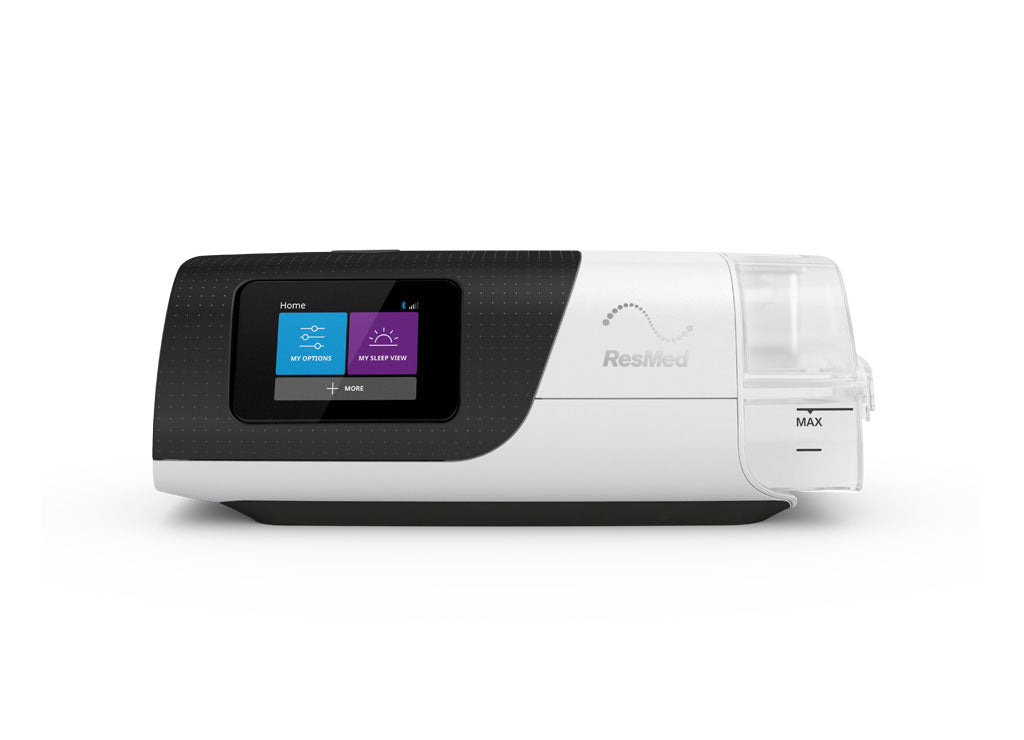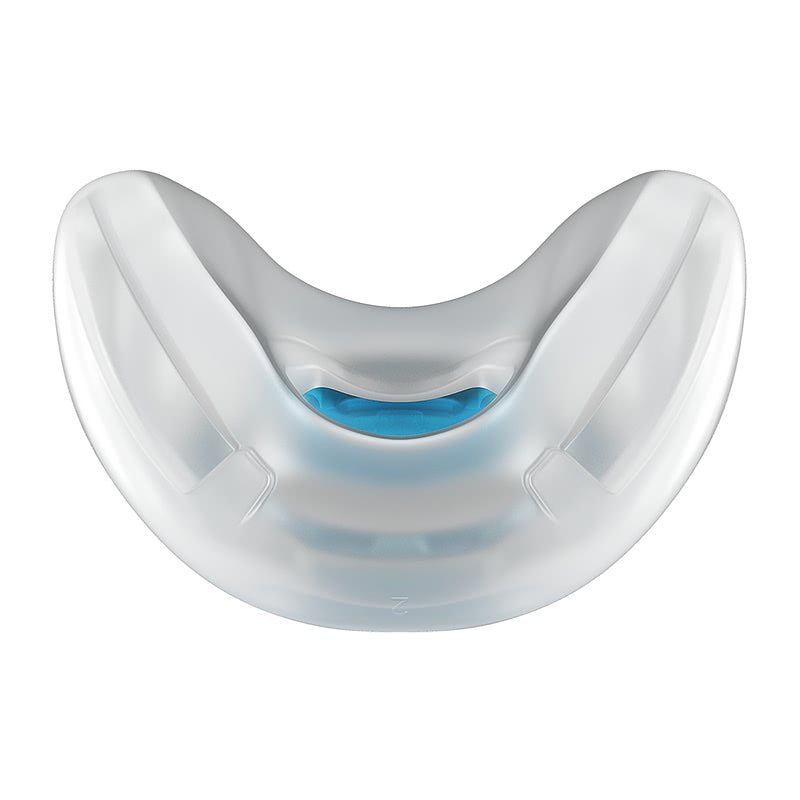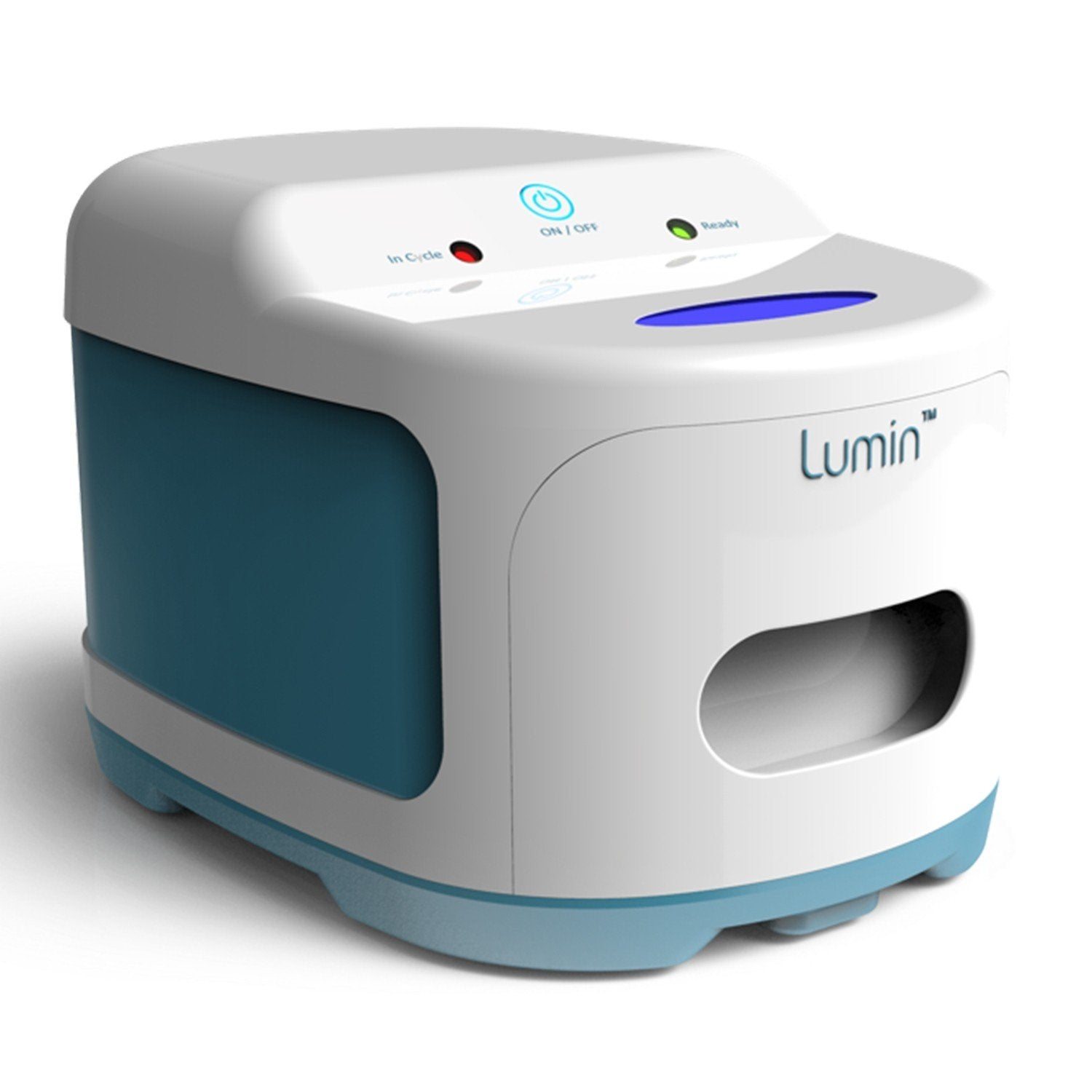
Could Your Sleep Apnea be Affecting Your Memory and Cognitive Function?
Share
In this blog, we will explore the link between sleep apnea and memory and cognitive function and discuss how you can manage this condition to improve your overall health and quality of life.
Sleep Apnea and Memory
Research has shown that sleep apnea can have a significant impact on memory, both short-term and long-term. Sleep apnea is associated with a disruption in the quality of sleep, which can affect the brain's ability to consolidate memories. The consolidation of memory occurs during the deep stages of sleep, which are often interrupted by sleep apnea.
One study found that individuals with sleep apnea have impaired memory consolidation, resulting in reduced performance on memory tasks compared to individuals without sleep apnea. This memory impairment was most noticeable in tasks that require verbal memory and attention, such as recalling a list of words or instructions.
Sleep Apnea and Cognitive Function
Cognitive function refers to a range of mental processes that enable us to carry out tasks effectively, including attention, learning, problem-solving, and decision-making. Sleep apnea has been linked to impairments in cognitive function, with individuals experiencing difficulties with attention, concentration, and decision-making.
One study found that individuals with sleep apnea had lower scores on tests of cognitive function, such as attention and reaction time, compared to individuals without sleep apnea. These impairments were most noticeable in tasks that require sustained attention, such as driving or reading.
Managing Sleep Apnea to Improve Memory and Cognitive Function
If you have sleep apnea, there are various treatment options available that can help improve your quality of sleep, memory, and cognitive function. The most common treatment for sleep apnea is continuous positive airway pressure (CPAP) therapy, which involves wearing a mask that delivers a continuous stream of air to keep your airway open during sleep.
Other treatments for sleep apnea include oral appliances, which reposition the jaw and tongue to improve airflow, and surgery to remove excess tissue in the throat. Lifestyle changes, such as weight loss, avoiding alcohol and sedatives, and sleeping on your side, can also help manage sleep apnea.




